Undergraduate Programs in Philosophy & Religion
Become equipped for a wide variety of careers.
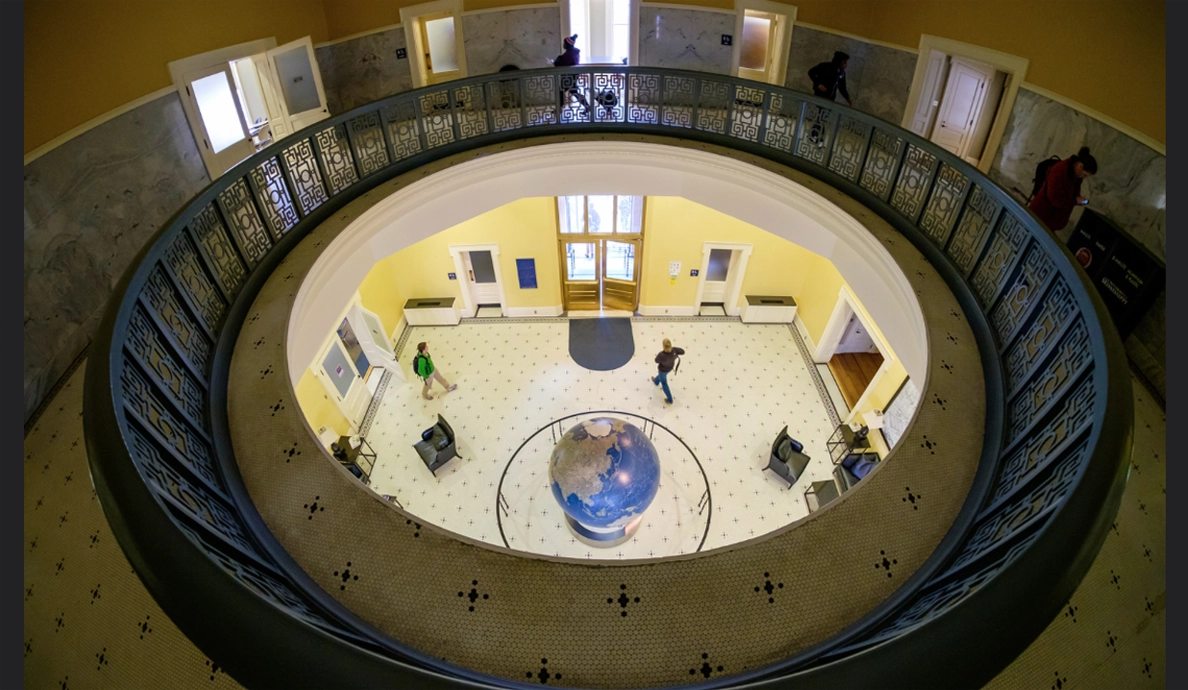
“My reasoning abilities and worldview have been dramatically altered in ways that made me a more discerning, inquisitive, and engaged human being. I am better able to question and evaluate the practices and principles I see at play around me, and I feel confident in embarking on a career in law.”–––Eleanor Anthony (BA Philosophy and Mathematics 16), JD Law, Stanford Law School
Study the Fundamental Ideas Underlying Human Life
Using logic and reasoned argument, philosophy majors investigate core principles of ethics, ask questions about how knowledge is attained, and explore the nature of ultimate reality.
The optional Religious Studies emphasis aims to understand sympathetically yet critically the world's religions, and to explore the phenomenon of religion itself as a prominent component of human life and culture. Dedicated to free academic inquiry and continuous conversation with other academic disciplines, we are completely non-sectarian and without ties to any theological seminary or church body.
Welcome to Philosophy and Religion
“It is my desire to help our students chart a course towards a successful academic experience and prepare them for a bright future after graduation. I invite current students, prospective students, parents, and others that are interested in our program to reach out to me.”
Steven C Skultety
Chair and Professor of Philosophy and Director of the Declaration of Independence Center for the Study of American Freedom
-
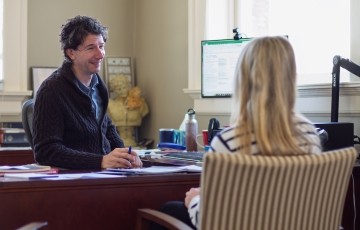
Academic Advising
Philosophy majors meet with a faculty advisor in the Department of Philosophy and Religion from freshman year until graduation. Freshmen in the FASTrack program meet with a FASTrack advisor in their first year only for support in their transition to college. Pre-law students who are philosophy majors will meet with a philosophy faculty member dedicated to their advising. All students in the College of Liberal Arts are also supported by the CLA Office of Student Services.
FASTrack Learning Community CLA Student Services -
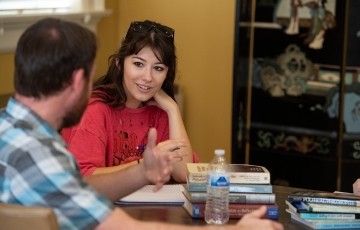
Accelerated Master's Program (4+1)
The Department of Philosophy & Religion offers students with excellent academic records the opportunity to apply for admission to an accelerated five-year B.A./M.A. degree program combination (4+1). Admitted students complete graduate-level courses in their senior year, which count towards both undergraduate and graduate degrees in an accelerated master's program.
Accelerated Master's Program -

Accelerated Law Program (3+3)
In a partnership with the UM School of Law, students admitted to the Accelerated Law Program may earn baccalaureate and law degrees in 6 years instead of 7 by using first year law school courses to complete their undergraduate degree. They start law school during their senior year.
Accelerated Law Program (3+3) -
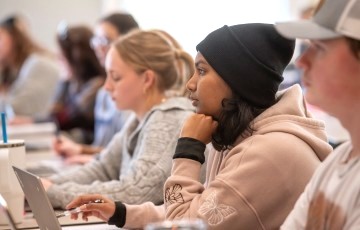
Scholarships
Alumni and friends have given funding to support scholarships dedicated to students. Visit our website to see these and other resources to support students.
Resources and Scholarships -

Careers & Alumni
See the top economic sectors for the employers of our undergraduate alumni. Meet a few alumni and how they view the value of their major in today's world.
Careers & Alumni
Beyond the Classroom
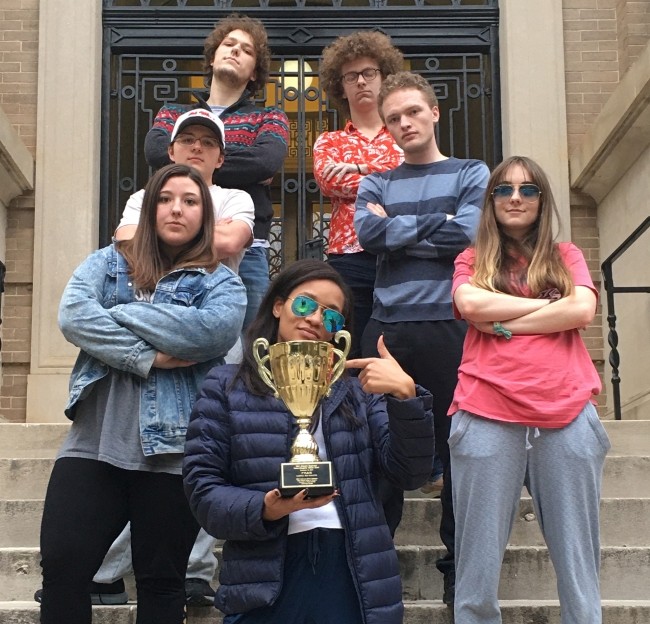
Ethics Bowl
Join the award-winning Ethics Bowl debate team.
Students have a deep conversation about the ethical issues in real-life cases and developing concrete and ethical policy solutions. Judges evaluate how clearly they present their arguments, whether they address the full range of ethical issues and considerations, and how well they accommodate the positions of those who hold the opposite viewpoint.

Biomedical Ethics Fellowship
With support from the Mr. and Mrs. Alfred Hume Bryant Lectureship in Ethics Endowment, the Department of Philosophy and Religion developed numerous student opportunities. In partnership with the University of Mississippi Medical Center in Jackson, the department administers the Frate Fellowship in Bioethics, allowing students to confront ethical challenges in a hospital setting.

Community Exploration
Students of the optional Religious Studies emphasis get out of the classroom to explore how different communities engage in worship. For example, students have visited the Memphis India Cultural Center, the Temple International Islamic Museum, and the Annunciation Greek Orthodox Church in Memphis.
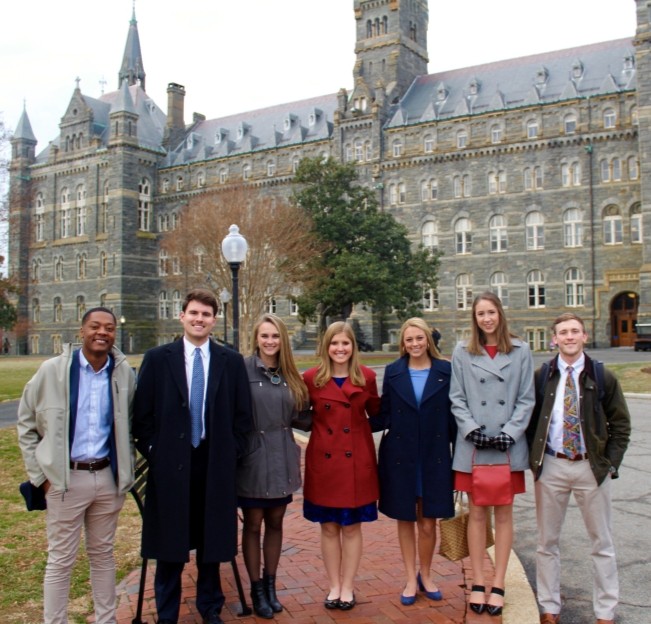
Travel Courses
Travel with faculty in two-week courses through Study USA and Study Abroad to earn credit for general education, major, minor, or electives. College of Liberal Arts scholarship funds help students better afford these extraordinary learning opportunities.
The Department of Philosophy & Religion offers Environmental Ethics and Biomedical Ethics courses to the Washington, DC area to meet with government officials and leaders of advocacy groups.
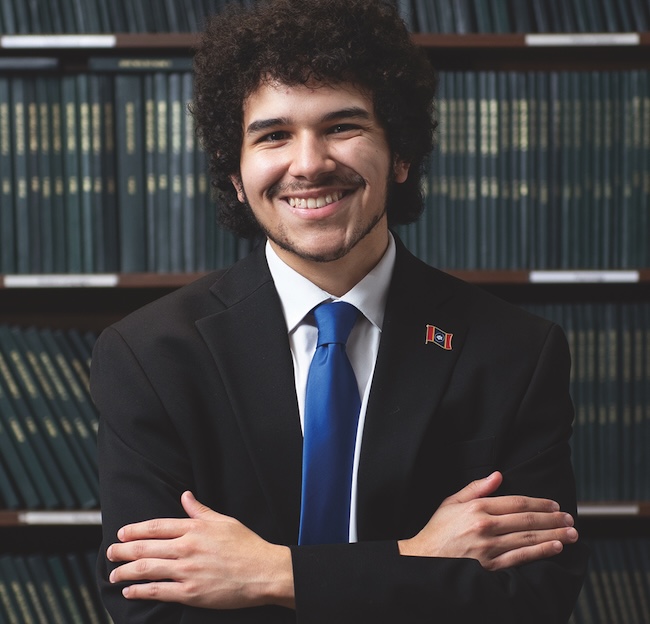
Internships
According to employer surveys, internships are the #1 desired experience on college resumes.
Philosophy and Public Policy Leadership major Andy Flores, a Truman Scholar, was a Policy and Government Relations Intern with the Theodore Roosevelt Conservation Partnership in Washington D.C. He managed a database of federal policy solutions, drafted letters to House and Senate subcommittees, and attended meetings and hearings.
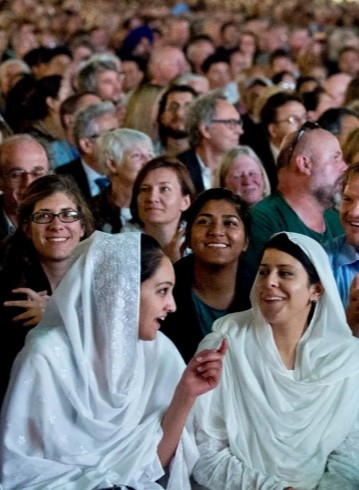
Religious Studies Internship
Religious Studies contributed to the foundation for my career. Through the encouragement of several professors, I participated in an internship program with the Parliament of the World's Religions in Chicago. I interacted with dozens of religious groups and applied my academic studies to relationships in my workplace. Moreover, the internship built professional skills and connections that are invaluable in helping me succeed in my current career.
Janie Travis (B.A. '13)
Development Manager, Distinguished Events with the American Cancer Society
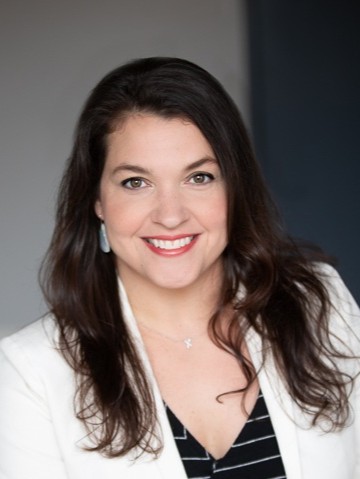
Value of Studying Philosophy
Studying philosophy made me a disciplined thinker. I think of my job as identifying legal solutions for my clients' business problems. Breaking down a specific problem into its constituent parts, identifying where the thorns are likely to arise, and planning for them. Because of my background in philosophy, particularly with professors who required you to show your work at each step through the progression of developing an argument for a position, I'm good at this.
Additionally, I still – very uncynically – believe that the law strives to be fair. What's fair is, of course, a complicated issue, but working to apply fairness in the law so very often gets you to the right place. Moreover, if it's a close call, demonstrating what fairness requires can make the difference in persuading the judge or jury to adopt your position for your client.
Eleanor Vernon Ruffner (BA Philosophy and English '01)
Founding partner at Ruffner Schoenbaum PLLC in Austin, Texas
